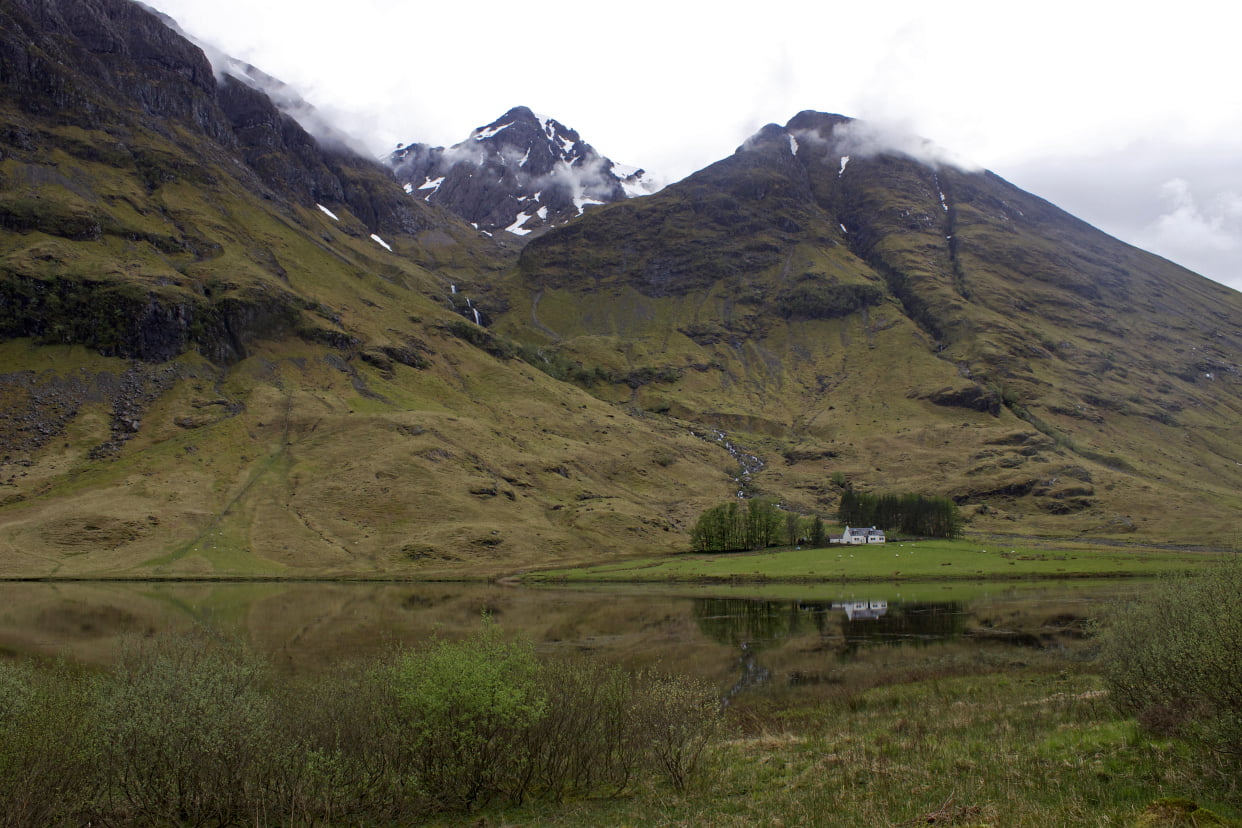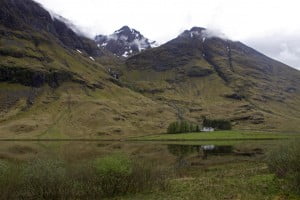Hexagram 23 is called Stripping Away. The old character shows a knife, and a less-clear component that might be a well winch or a bag for filtering wine, separating the wine from the dregs. As LiSe shows, that blends into the meaning of the whole. But the knife component is very clear – in etymology and in experience.
When you receive Hexagram 23, something is coming ‘under the knife’. The traditional version of the etymology says the knife is carving, cutting away what is not required. That’s often the lived experience of the hexagram: something outworn, something no longer of use, is cut away. The difficult part is that until the knife comes down, we might have been quite attached to our plans/ideas/self-image/social position/security/relationship… etc. The ‘stripping away’ might feel something like being skinned alive.
Living through this hexagram can be excruciating – but it isn’t necessarily so. This depends on two things – scale, that I wrote about the other day, and also on the degree of attachment. That’s the message of the Image –
‘Mountain rests on the earth. Stripping Away.
The heights are generous, and there are tranquil homes below.’
That isn’t an Image of pain and loss, but of kindness, generosity and peace. Mountains don’t develop neurotic attachments to ‘their’ minerals, and so the valley below is well-nourished.
Funnily enough, that mysterious ‘wine-bag’ part of the hexagram name is also a loan for three characters meaning the place at the foot of a mountain (see Harmen Mesker, Cutting Through Hexagram 23). Such a place might be in the mountain’s rain-shadow, arid and deprived, but it could also be – on the other side of the mountain – particularly moist and cool. I think the Image authors were imagining a fertile, sheltered valley.
How interesting that of all the Image texts in the book, this is the only one with no explicit human protagonist: no noble one, no ancient kings. Of course ‘heights’ implies upper social strata, but it literally only means ‘above’, the opposite of ‘below’. The human element – that part that can say ‘this is mine!‘ – is stripped back and disappears into the landscape.
Tradition says that the mountain rests on the earth like a government rests on the people, and this hexagram portrays a bad government that has eroded its foundations, exhausted popular support and is on the verge of collapse. It needs to practise generosity, because the society’s very structure is being pulled apart. (‘Pulling apart’ is Minford‘s name for the hexagram in his Part I, ‘Book of Wisdom’.)
It’s not about propping up the status quo with a pre-election tax cut, though: this scene, the mountains above the valley, shows that erosion is a natural constant: it’s just what happens. If we could participate in a spirit of generosity – if we were a little more like mountains, a little less attached – Hexagram 23 might be painless.











If I could JUST be a little more like mountains 🏔️ it always comes back to being like mountains
To be fair, the mountains have had longer to practise.